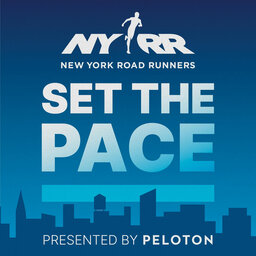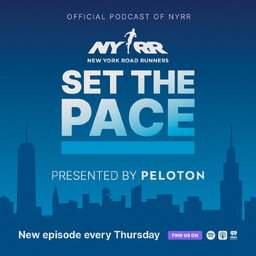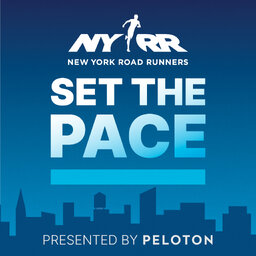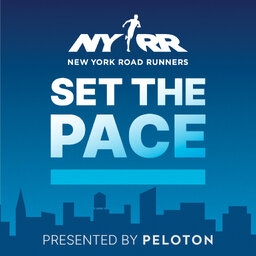Running with Pride: Olympian Nikki Hiltz on Representation, Advocacy, and Making History "
Olympian Nikki Hiltz returns to Set the Pace after a record-breaking year of headline-making races and personal milestones. When they last joined the podcast, Nikki was on the verge of earning a spot at the 2024 Paris Olympics—where they made history as the first openly transgender and nonbinary American to reach an individual Olympic final. Nikki joins Becs to talk about setting records on the track and taking on the challenge of competing in the Grand Slam Track series. They also share their advocacy work through events like the Flagstaff Pride 5K, which has raised over $170,000 for The Trevor Project. Plus, this week’s Member Moment features Mauricio Blandino, who joined Achilles International after a long journey recovering from a traumatic brain injury. He leads the New York City chapter of the Brain Injury Association, helping other brain injury survivors find community and support in their recovery.
Listen to our last interview with Nikki here - https://podcasts.apple.com/us/podcast/talking-with-nikki-hiltz-trailblazing-pro-middle/id1703616687?i=1000659605577
FOLLOW NYRR: Instagram | Facebook | X | TikTok
SUPPORT: Support the Set the Pace podcast! If you enjoy the show, please subscribe and leave a rating and review on Apple Podcasts or Spotify.
DISCLAIMER
 Set the Pace
Set the Pace


